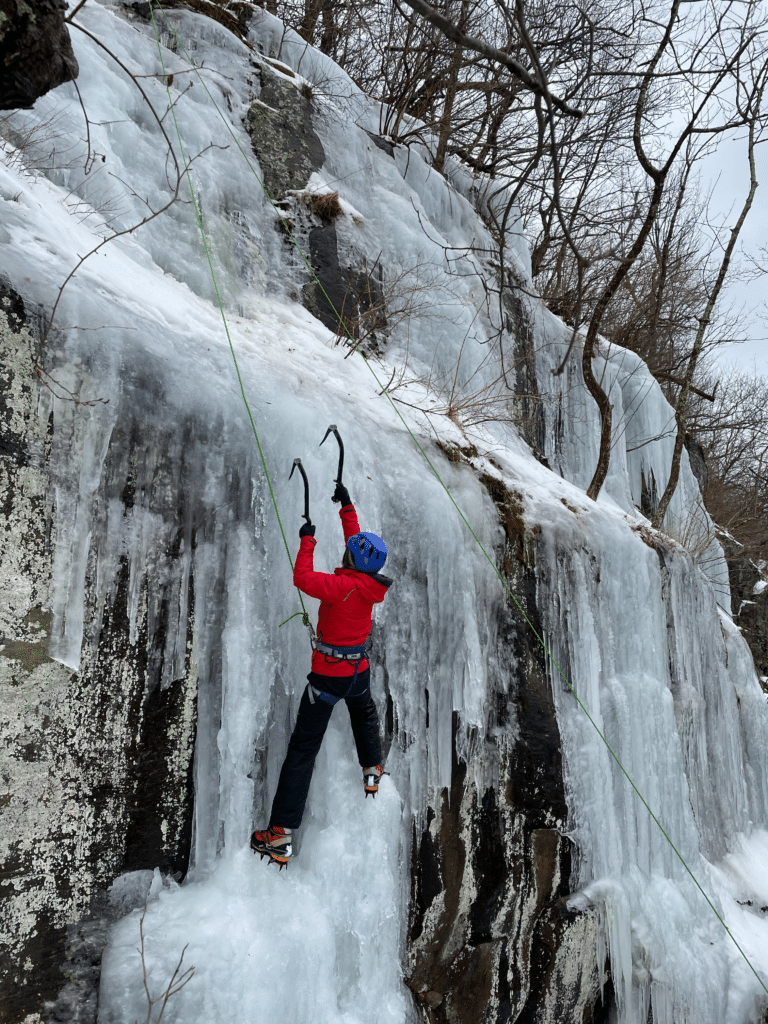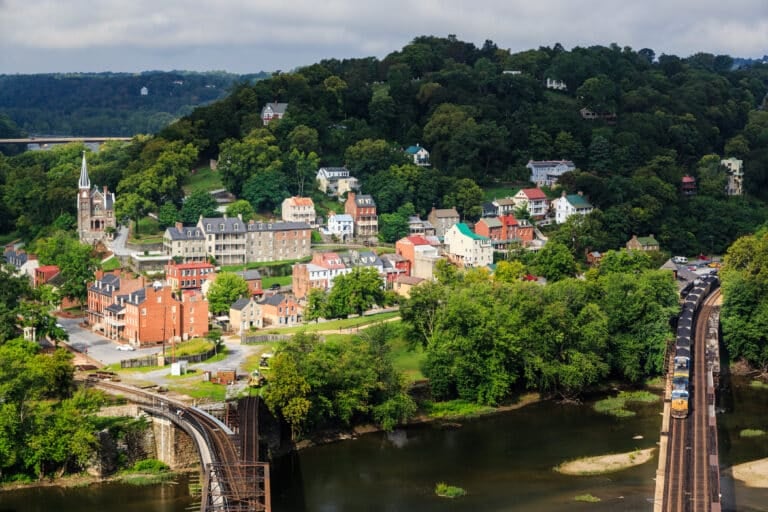The Southern Environmental Law Center—the region’s venerable legal eco advocate—has released a list of the top 10 most endangered areas in the South. According to the organization, the 10 areas were chosen out of hundreds analyzed, because their threats are the most immediate and potentially irreparable if not addressed soon.
“Common themes on this year’s list include uncontrolled growth, flawed energy policy, and lax environmental enforcement, particularly as it relates to our heavy reliance on coal to produce electricity,” said said Jeff Gleason, SELC’s Deputy Director. “Specifically, this year’s list shows that the South’s waterways and wetlands—critical areas that protect and define the South—are experiencing some of the most negative impacts from these trends.”
From the SELC:
Top Ten Endangered Areas in the South for 2010
Right Whale Calving Waters, Georgia: The last 300 right whales left on Earth are threatened by a U.S. Navy plan for a 500 square-mile undersea training range.
Blackwater Streams (Washington County), Georgia: Air and water are threatened by conventional coal plant that would increase mercury pollution in two rivers and increase global warming emissions.
Chesapeake Bay, Virginia: The largest estuary in the U.S. is getting hit from all sides: air, land, and water. A proposed conventional coal plant for nearby Surry County threatens to add even more mercury and nitrogen pollution to bay waters.
Roanoke River Basin, Virginia: Drinking water supplies are threatened by uranium mining, and the possibility that Virginia’s Piedmont countryside could open up to even more large-scale mining projects.
Southern Appalachian Mountains, Virginia/Tennessee: Weak laws on mountaintop removal coal mining threaten headwater streams, wildlife, communities, and scenic beauty.
Black Warrior River, Alabama: Two proposed strip mines would dump polluted wastewater into the river, threatening drinking water supplies and aquatic life.
Cape Fear Wetlands, North Carolina: 1,000 acres of wetlands are threatened by proposed Titan cement plant, which would also send toxic mercury into the already-polluted Cape Fear River.
Catawba-Wateree Basin, North Carolina/South Carolina: Threats include a low-flow scheme for hydroelectric dams that would restrict the flow of water essential to a healthy river system, and the lack of an overarching and coherent plan to protect the ecological integrity of the river from over allocation.
Freshwater Wetlands, South Carolina: The U.S. Army Corps of Engineers wrongly determined that the Pine Hill tract northwest of Charleston falls outside the scope of Clean Water Act protection. If allowed to stand, this ruling would put thousands of acres of wetlands and hundreds of miles of streams in the state’s coastal plain at risk of development or destruction.
Ocoee Region, Tennessee: A string of unnecessary four-lane highways would devastate wildlife habitat, and bring traffic and polluted runoff to forests, recreation, and wilderness.







